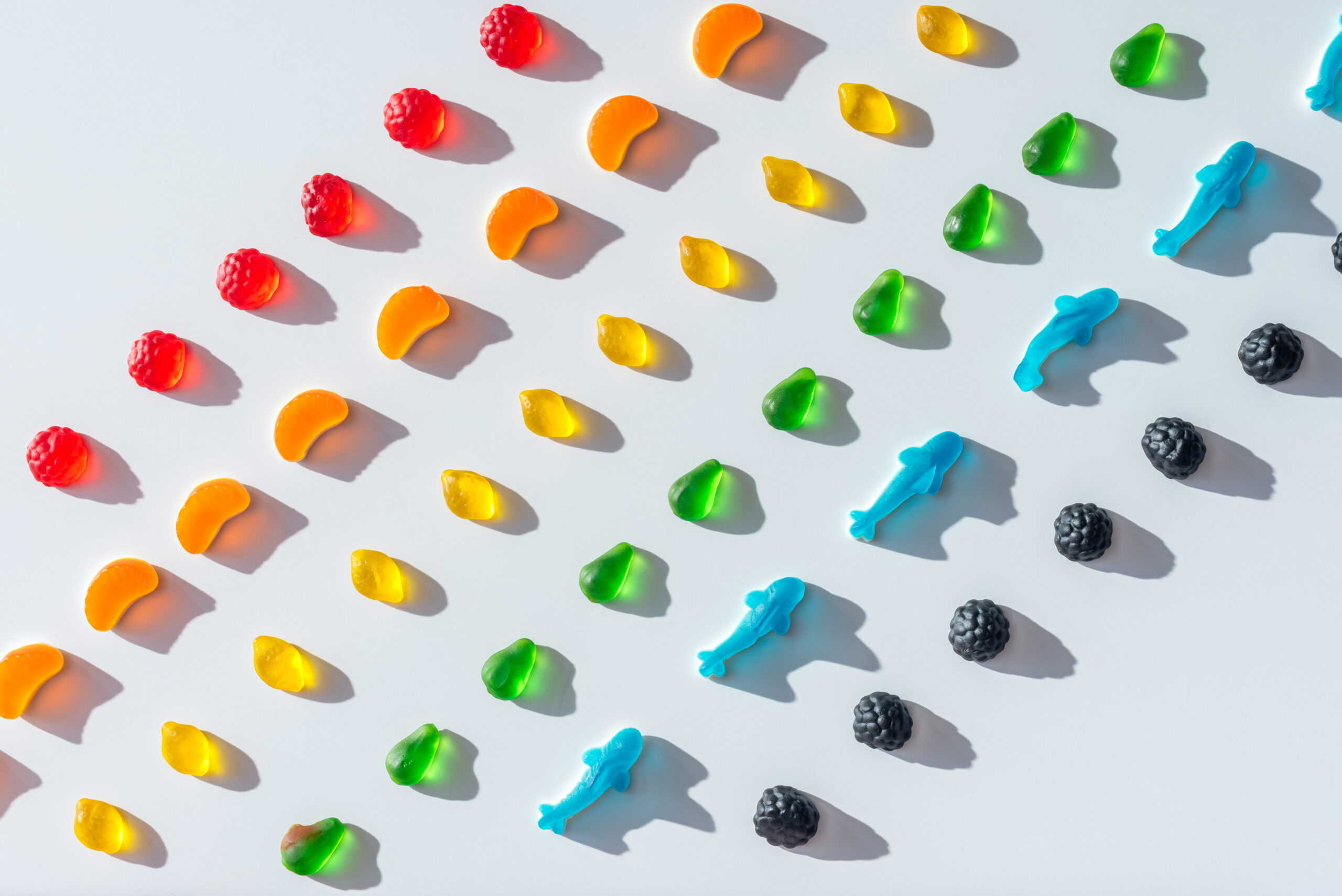Natural food coloring biotech startup Phytolon has secured $14.5 million in a Series A funding round, bringing the company’s total funding to $20.1 million. Led by DSM Venturing with participation from Cibus Fund, The Treadlines Agrifood Fund and existing investors, the investment will help move its proprietary technology toward commercialization.
“The investments of DSM Venturing, Cibus Fund and Ginkgo Bioworks open the door for broad penetration of our products in the global food industry,” said Dr. Halim Jubran, co-founder and CEO of Phytolon, in a press release. “We are excited to have new investors who share our vision to create healthy, efficient and sustainable food systems via biotechnology.”
Founded in 2018 by Jubran, chief technology officer Tal Zeltzer and scientific consultant Guy Polturak, the Israeli biotech startup has developed sustainable alternatives to traditional food colorings. While current natural food colorings are dependent on agriculture and mostly derived from fruits and vegetables, Phytolon uses a novel technology to produce betalain pigments through the fermentation of baker’s yeast.
Related: Can Natural Food Dyes from Cabbage Replace Synthetic Options?
The company offers a wide range of natural food colors including yellow, red and purple, which can be used in multiple food categories like alternative meat, baked goods, confectionary, dairy, frozen products and snacks. Not to mention, Phytolon can achieve this at a competitive cost-in-use. The need for healthy, efficient and sustainable natural food coloring has become more urgent in recent years.
Artificial food coloring has been linked to numerous health concerns including attention deficit hyperactivity disorder (ADHD) and some forms of cancer. According to the Cleveland Clinic, some studies show a link between artificial dyes and increased ADHD or hyperactivity in children. Outside of a short ban on Red Dye #3 in 1990, the US doesn’t currently ban any artificial food coloring despite research linking them to health issues.
Phytolon is hopeful its natural food coloring can solve the existing environmental and safety issues of artificial food dyes. It has already reached a semi-industrial production scale and it’s now preparing for regulatory approval in the US and Europe. Despite its proprietary technology, Phytolon will be entering a crowded and ever-growing market.
According to Meticulous Research, the natural food colors market is expected to reach $3.2 billion by 2027, at a compound annual growth rate (CAGR) of 8.4 percent. Phytolon will be competing with key players in the global market, including US-based Sensient Technologies Corporation, France-based Naturex S.A. and fellow Israel-based Lycored Ltd., among others.
Some of the key factors driving the growth of the natural foods market include the growing awareness about the benefits of natural food colors, increasing consciousness for clean-label products, growing R&D activities in the food industry and increasing use of technology. While the high cost of natural ingredients and stringent regulations on the use of colors for food applications may hinder the growth of the natural food colors market, Phytolon’s solution is cost-effective and likely to achieve regulatory approval.
The startup is part of a growing food tech movement in Israel that includes cultivated meat brands Aleph Farms, BioBetter and Future Meat. In April, Israel’s Innovation Authority authorized the formation of the world’s largest cultivated meat consortium. The country is also seeing other innovative food technologies like from the company Yo! Egg that serves up plant-based poached and sunny-side-up eggs.












Join or login to leave a comment
JOIN LOGIN